Project Funding Breathes New Life into Monitoring Greenland's Seafloor
23.11.2023The Greenland Climate Research Centre and the Greenland Institute of Natural Resources have received funding of DKK 17.2 million for ..
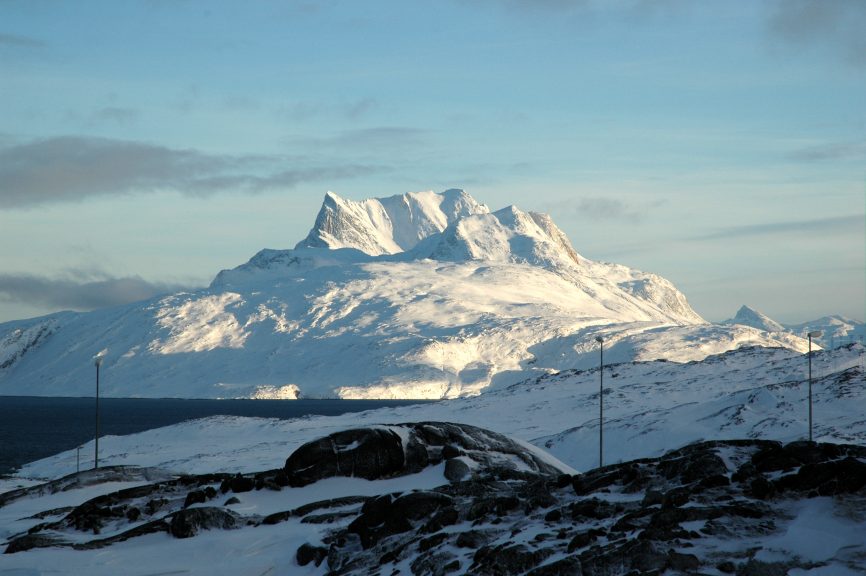
To apply for courses in the Arctic Science Study Programme (ASSP), please complete the “Student Information” form below. After submitting the completed form you will receive an e-mail with details on how to proceed with register for the courses and other practical information.
The ASSP offers graduate (masters) and PhD level courses. The courses in spring form one full semester (30 ECTS). Applicants applying for a full semester are given priority, however, it is possible to apply for single courses. You can find more information about the courses under Arctic Science Study Programme (ASSP).
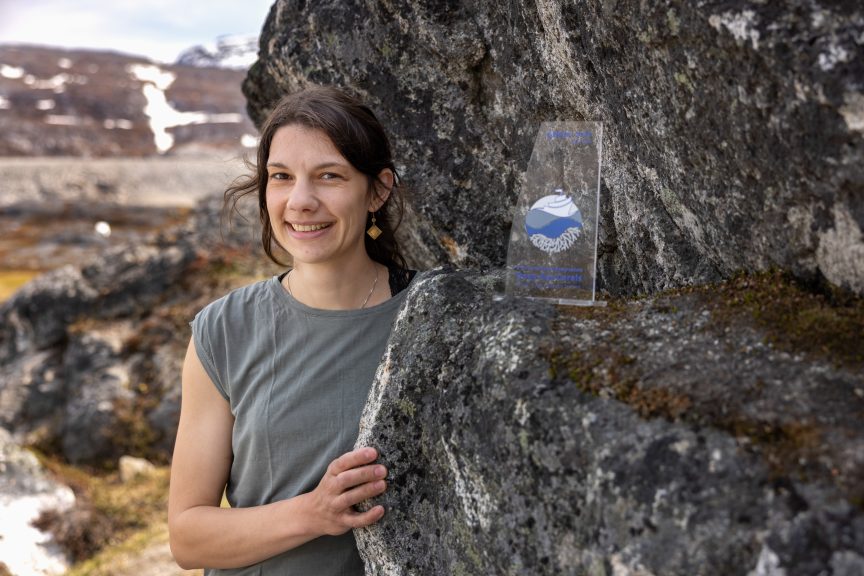
The dark, cold deep sea harbors many unseen treasures, one of which is corals that most people only associate with tropical islands. However, corals also exist in cold waters, and Greenland is home to quite a significant number of them.
At the 8th International Symposium on Deep Sea Corals, Sandra Maier, a postdoctoral researcher at the Greenland Climate Research Centre, Greenland Institute of Natural Resources, presented her findings on these Greenlandic corals. Cold-water corals often form what are known as vulnerable marine ecosystems, which serve as habitats for various other species and are therefore crucial for maintaining the functioning of the marine ecosystem. However, these ecosystems are particularly susceptible to threats such as bottom-trawling and global climate change.
According to Sandra, in order to effectively manage these valuable seafloor treasures, it is imperative that we study and investigate these ecosystems. Our team, led by benthic ecologist Nadescha Zwerschke, is conducting research on seafloor ecosystems offshore as part of the monitoring program INAMon. Additionally, Sandra’s postdoctoral project focuses on investigating seafloor ecosystems in Greenlandic fjords.
During her presentation, Sandra discussed the progress made since 2015, as well as the challenges faced. One specific challenge that we consider important to address in an international context is known as ‘parachute science.’ This term refers to scientists from abroad conducting fieldwork in countries without actively involving the local community or collaborating with local institutions beyond logistical support. At the Greenland Institute of Natural Resources, we believe it is crucial to ensure that our research benefits Greenlandic society. Therefore, we are pleased when researchers seek fair collaboration and engage in open dialogues about these challenges.
The ensuing discussion proved to be compelling, and Sandra’s presentation was recognized with the Best Talk award. I am delighted to have received this prize and eagerly anticipate the continuation of our work,” Sandra says.
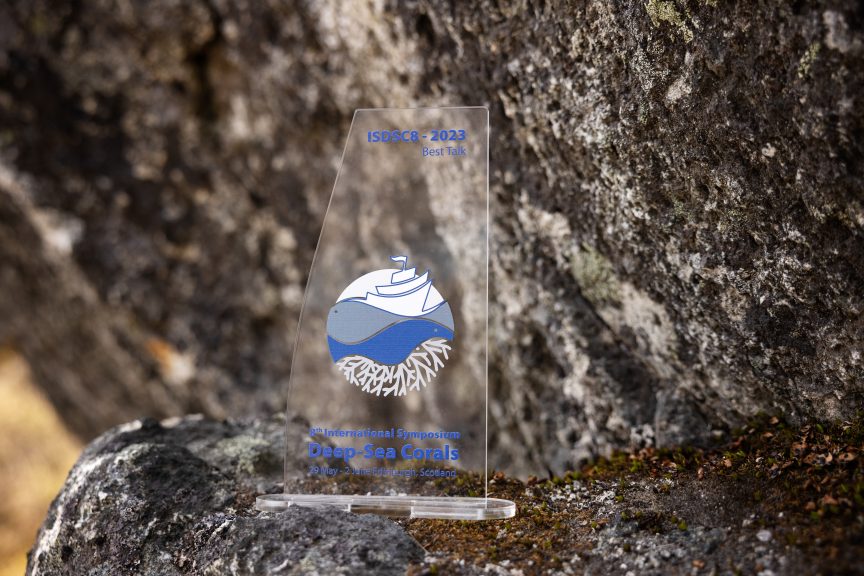
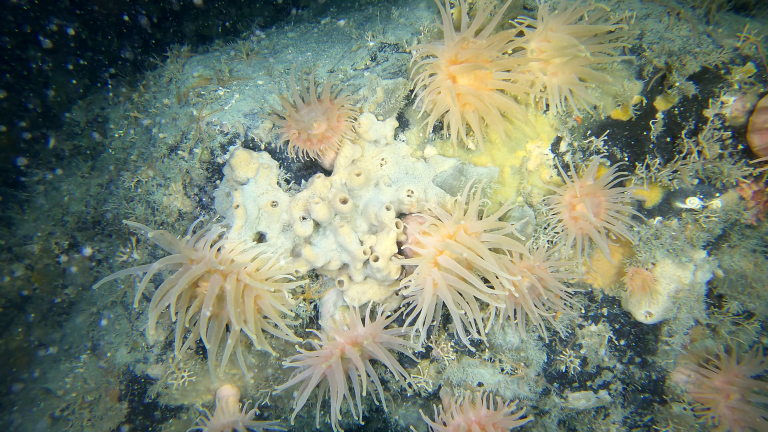
The Greenland Climate Research Centre and the Greenland Institute of Natural Resources have received funding of DKK 17.2 million for ..
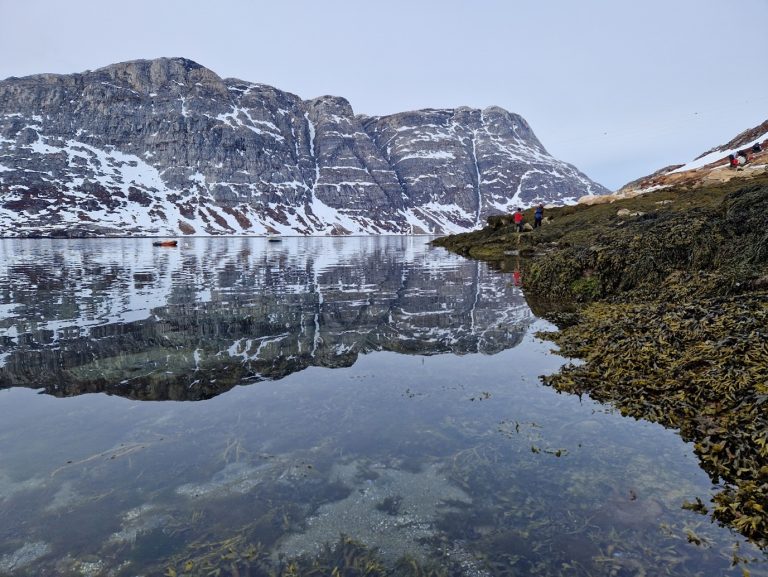
Macroalgae or seaweed are dominating rocky coastlines globally. Even here in Greenland, we can see small kelp such as the ..
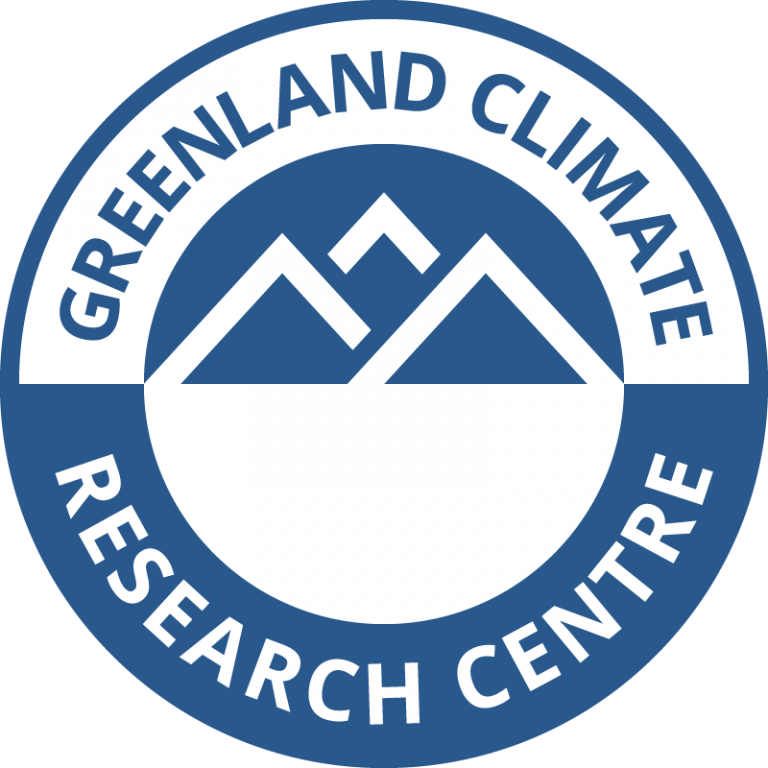
The Greenland Climate Research Centre (GCRC) at the Greenland Institute of Natural Resources invites applicants for a 2-year full time ..